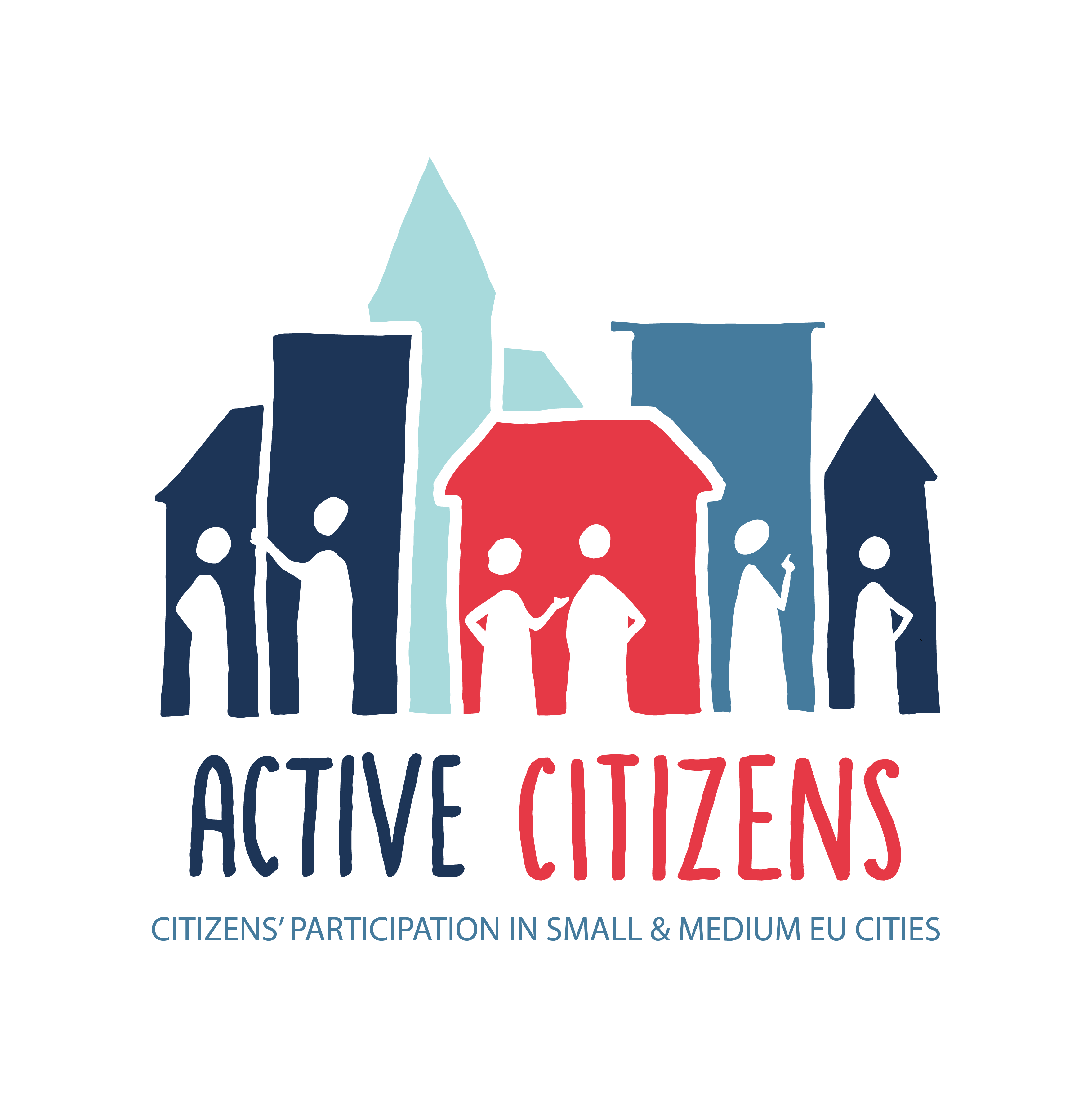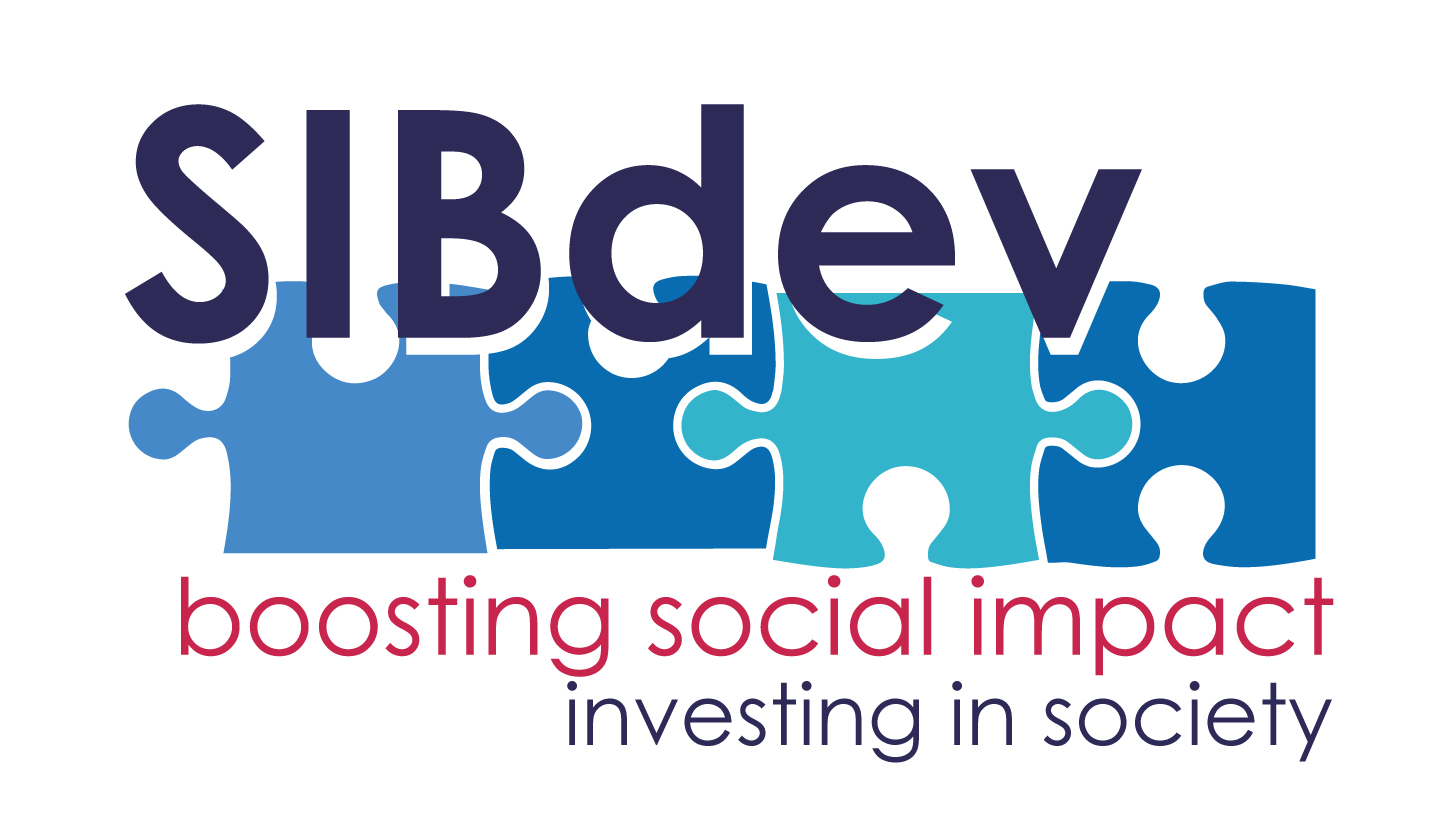News from our cities and networks
Edited on
30 June 2022News from our cities and networks on local heritage, sustainable mobility, the better use of public spaces, and much much more!
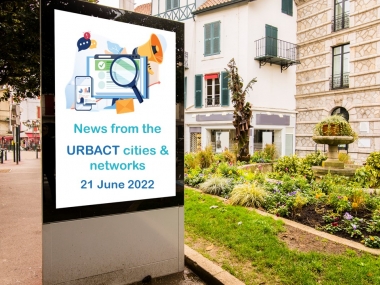
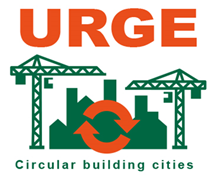 Tips for circular building cities
Tips for circular building cities
Watch a video of top circular building recommendations from the URGE network or download the pdf version. Also, don’t miss their lively thematic report, packed with detail – including case studies from Granada (ES) and Kavala (EL), and testimonials from key people in the project’s small-scale activities. And here, to spice up your holiday reading list: ‘Three must-read booklets on circular construction’.
 The nitty gritty of localising Sustainable Development Goals
The nitty gritty of localising Sustainable Development Goals
What does it mean to localise the United Nations’ Sustainable Development Goals (SDG)? Nineteen EU cities in the Global Goals for Cities network meet in Gävle (SE) to find practical answers together. See the quick video report, as well as practical insights from Gävle and from Reggio Emilia (IT).
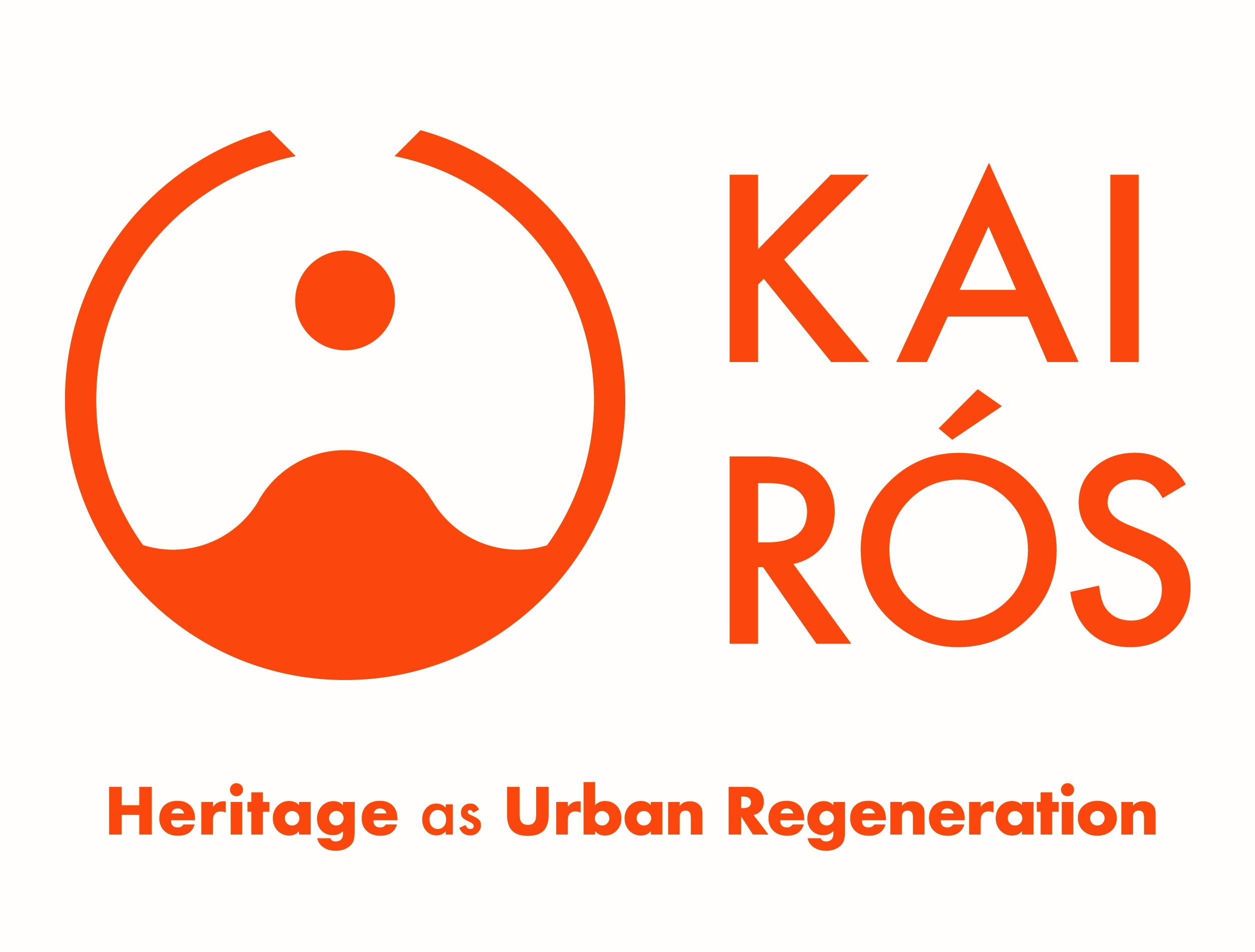 Making heritage work for sustainable urban development
Making heritage work for sustainable urban development
“… there is a growing interest from cities, whatever their size, in developing a more balanced approach to maximise the role of heritage in their strategies on sustainable urban development.” A thematic article from URBACT Lead Expert Miguel Rivas on the KAIRÓS network and its ‘five-pillar model’.
“In this really special open-air school room – said the Deputy Mayor – the roof is the sky and the walls are the city walls, our city walls, telling a millennial story.” Thanks to a branding strategy built with the Find Your Greatness network, Perugia (IT) is planning more events to promote local culture and heritage.
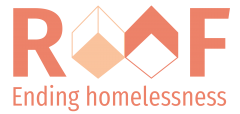 Call for artists: ‘first an apartment’
Call for artists: ‘first an apartment’
The ROOF network helps cities end homelessness by using the Housing First model and gathering accurate data. Raising awareness, Polish partner city Poznań asked photographer Bartłomiej Śnierzyński to make portraits of people who are or were homeless. Also, see ROOF’s key messages to the EU.
Small and medium ActiveCitizens network cities from France, Italy, Germany, Czech Republic, Estonia and Portugal met in the Portuguese town of Santa Maria da Feira. Here are some of the ways they’ve been promoting effective participatory democracy. See nice accounts of two Small Scale Actions: ‘Giant’s garden’ trialed by partners in Cento (IT) and an experimental participatory budget for children in Saint-Quentin (FR).
“Would you be ready to go back to a European project?” Based on his experience with an Urb-En Pact local group, the answer of elected representative Remi Chabrillat, Clermont Auvergne Métropole (FR) is a clear “Yes!”.
Urb-En Pact also tours
- the Citizen Mobility Committee trialed in Métropole Rouen Normandie (FR);
- non-combustion based district heating in Tampere (FI);
- and the Polytechnic Institute of Viana do Castelo’s (IPVC) actions to build a Smart and Sustainable Campus – ‘IPVC S2C’ with some undergraduate and postgraduate degree courses focusing on energy and climate action.
And, finally, a report on Urb-En Pact’s participation in the big Urban Future (UF22) sustainable cities event in Helsingborg (SE).
The SIBdev network’s ‘Handbook for cities developing SIBs’ is the result of eight European cities’ exploration into how Social Impact Bonds can contribute to more efficient public services. If you only have three minutes to spare, check out the project video.
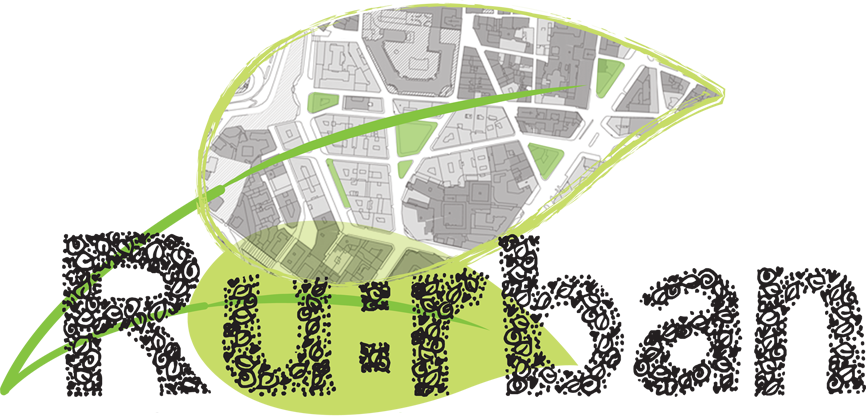 RU:RBAN puts all eyes on urban agriculture
RU:RBAN puts all eyes on urban agriculture
The RU:RBAN network helps diverse towns and cities learn from Rome’s good practice in urban agriculture. The focus is on capacity building, governance and regulations, and training for ‘Gardenisers’ to manage urban gardens. It’s an increasingly well-known scheme for boosting urban resilience, not least in the Croatian partner city of Split, where RU:URBAN recently featured in a conference on social inclusion and in university graduate research. Also, see this heart-warming account of the network’s latest meeting, hosted by Irish partner Carlow.
Three posts from the ACCESS network of European capital cities collaborating on inclusive cultural policies to open up culture to all citizens: a brief update from London and Amsterdam; news from Tallinn: brainstorm in the Naked Island former ceramics factory; and cultural research at Tallinn’s Kopli pilot area.
![]() How to link up the Greater Paris Metropolis?
How to link up the Greater Paris Metropolis?
Fascinating dive into the Greater Paris Metropolis (population 7.2 million!) and a close look at their Territorial Coherence Scheme. “Being part of RiConnect is a great opportunity to exchange ideas with European metropolitan authorities about the integration and the transformation of mobility infrastructures and to learn about new tools and methods in order to favor citizen participation.”
Also discover all RiConnect’s other work in the network’s archives.
 Case studies in sustainable mobility
Case studies in sustainable mobility
Take a trip to two towns in the Space4People network, finding mobility solutions for attractive public space. Medium-sized Arad, in western Romania, and Turku (FI) which has set a target of 2% annual growth in both cycling and pedestrian volumes.
 Community energy in the spotlight
Community energy in the spotlight
The Vilawatt UIA - URBACT Transfer Mechanism network is spreading the word on innovative local public-private-citizen partnerships for sustainable energy. Find out about lead partner city of Viladecans (ES) at the Energy Cities Forum and the panel discussion at the UIA Just Transitions and Climate Adaptation event in Seville.
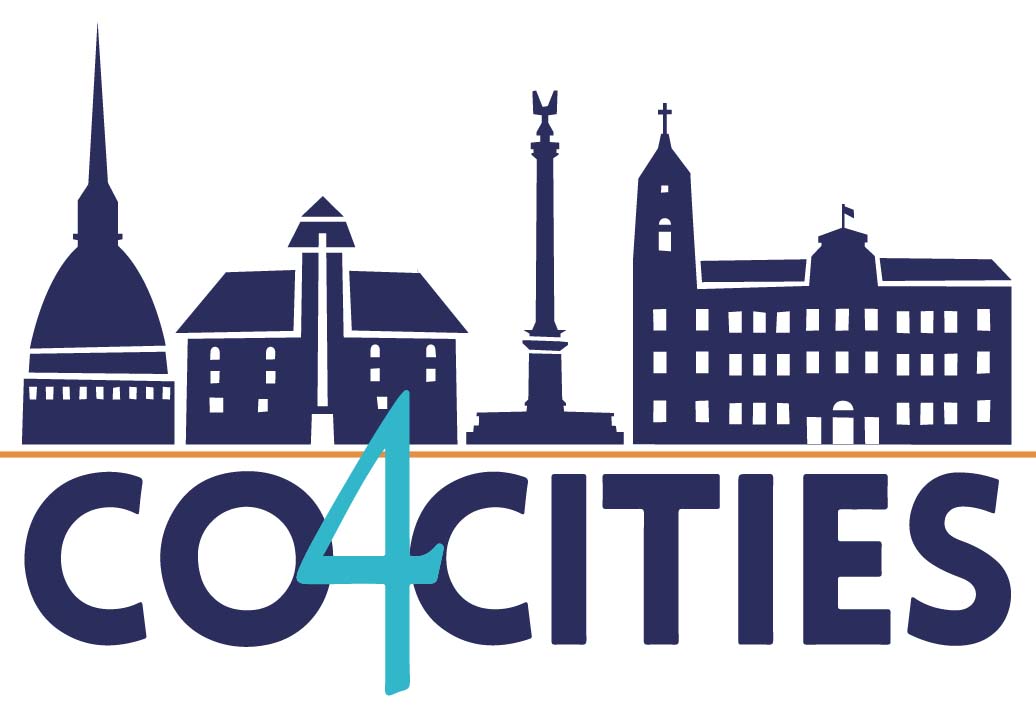 ULG in action: pacts of collaboration
ULG in action: pacts of collaboration
A peek into the workings of an URBACT Local Group in Turin, lead partner in the CO4CITIES UIA - URBACT Transfer Mechanism network. See how they monitor and present the impacts of CO-CITY Collaboration Pacts, shifting mindsets to see – and use – public space as urban commons.
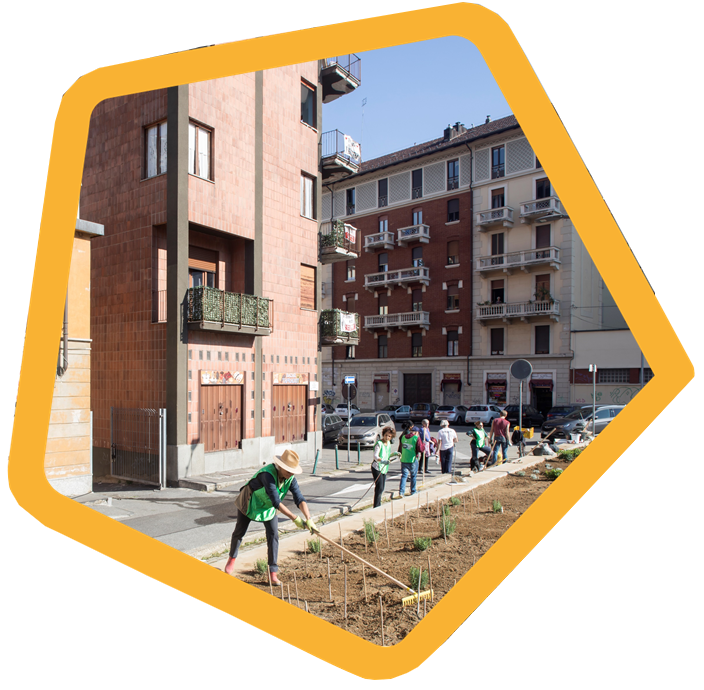
Read our publication for stories from cities understanding, adapting and re-using URBACT Good Practices: Good Practice Transfer – Why Not in my City?
We hope you enjoy this URBACT city news round-up. If you have any news to share from URBACT cities, or ideas for more stories on sustainable urban development, get in touch!
URBACT promotes sustainable, integrated urban development, supporting exchange and learning between EU towns and cities. Since its launch URBACT III has enabled the creation of 83 networks involving 454 cities from 28 countries. Almost half of these cities have populations of under 100 000. Ongoing projects include Action Planning Networks, Transfer Networks, and National Practice Transfer Initiatives. Meanwhile five networks are transferring urban solutions from UIA projects, and another is localising the Sustainable Development Goals.
 Submitted by Amy Labarrière on
Submitted by Amy Labarrière on


